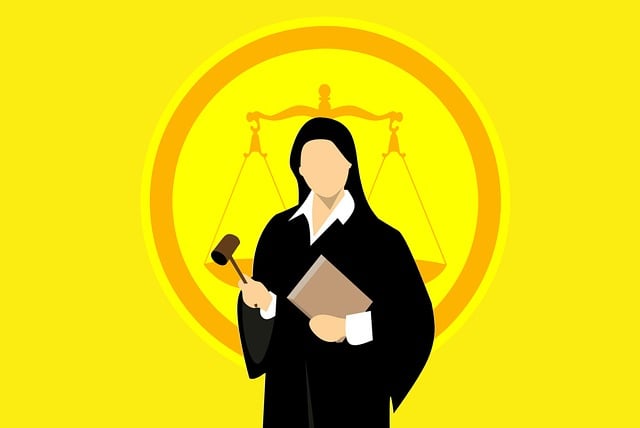Recent Teen Challenge lawsuits by survivors highlight the need for transparency and accountability in youth development programs. Legal actions aim to address alleged physical and emotional abuse, with specialized counsel aiding survivors in seeking justice and compensation. A strategic approach involving support networks, legal precedents, and responsible media use strengthens cases and educates the public about the importance of holding organizations like Teen Challenge accountable for harm caused.
Many teenagers find themselves in troubled times, turning to programs like Teen Challenge as a last resort. While these programs often promise rehabilitation, lawsuits have emerged, highlighting potential harm and abuse within their walls. This article delves into the world of Teen Challenge programs, explores legal avenues for survivors’ rights, and offers strategies for effective advocacy and support, shedding light on the importance of holding these organizations accountable through Teen Challenge lawsuits.
- Understanding Teen Challenge Programs and Their Impact
- Navigating Legal Options for Survivors' Rights
- Strategies for Effective Advocacy and Support
Understanding Teen Challenge Programs and Their Impact

Teen Challenge programs, often run as non-profit organizations, are youth development initiatives that focus on transforming the lives of at-risk teenagers through structured residential treatment and mentoring. These programs claim to address various issues such as substance abuse, behavioral problems, and personal crises by combining spiritual guidance with therapeutic interventions. While many participants report positive outcomes, such as improved mental health, enhanced life skills, and increased faith, there have also been concerns raised about potential harm caused by certain Teen Challenge practices.
In recent years, several Teen Challenge survivors have initiated lawsuits against the organization, alleging physical, emotional, or sexual abuse during their time in the program. These legal actions highlight the need for greater transparency and accountability within Teen Challenge operations. Understanding the impact of these programs on participants is crucial, especially as it pertains to the potential long-term effects on mental health and well-being. By examining the claims and evidence presented in these lawsuits, policymakers, researchers, and advocates can work towards ensuring that youth development initiatives like Teen Challenge prioritize the safety and best interests of their beneficiaries.
Navigating Legal Options for Survivors' Rights

Many former residents of Teen Challenge programs face a challenging road ahead after their departure, often due to the alleged trauma and abuse they endured while enrolled. Navigating legal options becomes crucial for survivors seeking justice and accountability. A Teen Challenge lawsuit can be a powerful tool for holding these organizations accountable for their actions, ensuring that survivors’ rights are protected.
Legal counsel specializing in such cases is essential to help survivors understand their options, including potential routes for civil litigation. This process involves reviewing evidence, gathering testimonies, and constructing a solid case to pursue compensation for the physical, emotional, and psychological damages incurred during their time at these facilities.
Strategies for Effective Advocacy and Support

Advocating for survivors of Teen Challenge programs involves a strategic approach to ensure their voices are heard and their rights protected, especially when pursuing a Teen Challenge lawsuit. Firstly, building a strong support network is key; this includes legal professionals specializing in personal injury or civil rights law, as well as mental health experts who can provide insights into the trauma survivors may have experienced. This team should work collaboratively to gather evidence, interview witnesses, and construct a compelling narrative that highlights the potential misconduct within the Teen Challenge program.
Effective advocacy also requires staying informed about relevant laws and legal precedents related to Teen Challenge lawsuits. Ensuring that the case is structured around these legal frameworks can strengthen the argument and potentially lead to more favorable outcomes. Additionally, utilizing media platforms responsibly can help raise awareness about the issues faced by survivors, fostering public support for their cause. This strategy not only provides a platform for sharing stories but also educates the community about the importance of holding accountable those responsible for the harm caused during participation in Teen Challenge programs.
Advocacy for Teen Challenge survivors through lawsuits is a vital step towards ensuring justice and healing. By understanding the programs’ impact, navigating legal options, and employing effective strategies, we can foster a supportive environment for former participants to share their stories and seek redress. The journey ahead may be complex, but it’s essential to remember that every lawsuit has the potential to revolutionize support systems and prevent similar harms in the future.
